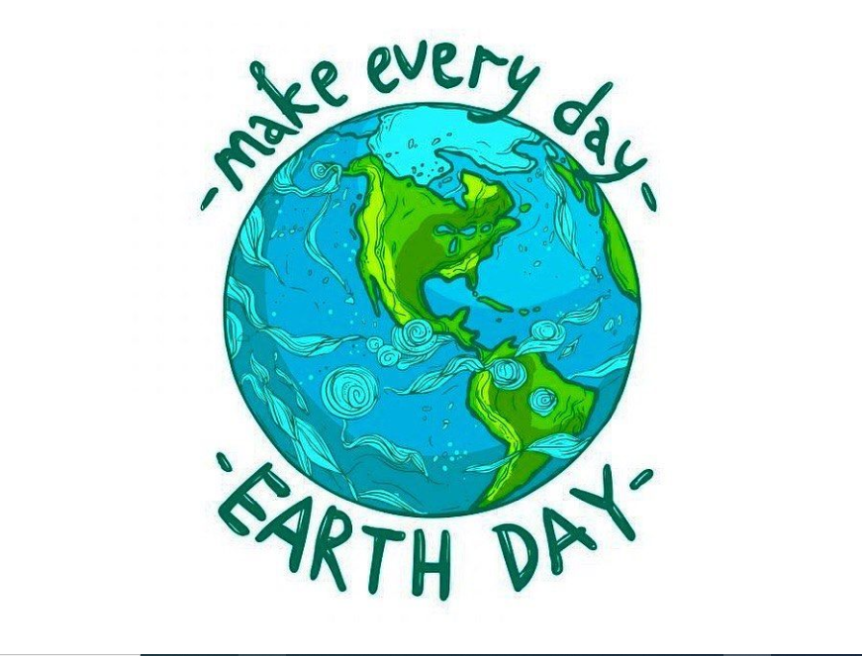With Earth Day approaching, now’s the time to stop and think about how best to protect our only home — and all of us who live here.
If there’s one thing science has proven in recent years, it’s that animal agriculture is a plague on the planet. From the documentary Cowspiracy to a recent study by Oxford University, research has revealed that raising cows, pigs, chickens and fish for food has led to deforestation, ocean dead zones, water pollution, climate change and a whole host of other environmental woes. That’s all in addition to immense animal suffering.
In honor of the big blue marble we live on, let’s take a look at the far-reaching impacts of eating meat, dairy and eggs:
- Animal agriculture causes 18 percent of all greenhouse gas emissions — more than the entire transportation sector, combined.
- Growing feed for livestock accounts for 56 percent of water use in the U.S.
- It takes approximately 1,800 gallons of water to produce one pound of beef.
- Livestock takes up 45 percent of the earth’s free land.
- Raising animals for food is the leading cause of species extinction, ocean dead zones, water pollution and habitat destruction.
- A farm with 2,500 dairy cows creates the same amount of waste as a city with more than 400,000 people.
- As many as 2.7 trillion animals are taken from the ocean every year.
- Animal agriculture is the cause of up to 91 percent of Amazon rainforest destruction.
That’s the bad news. The good news? A widespread switch to a plant-based diet by the year 2050 would save eight million (human) lives, cut greenhouse gas emissions by 70 percent and cut $1 trillion in healthcare costs, according to the study by Oxford University. Clearly, such a switch would make Mother Earth happy.
So if you dig this planet we live on, why not show it? Opt in to a reduceatarian, vegetarian, or best of all — vegan — diet, and you’ll be the ultimate environmentalist.
For more on the hows and whys of making your diet greener, download our FREE Vegan Starter Guide.

